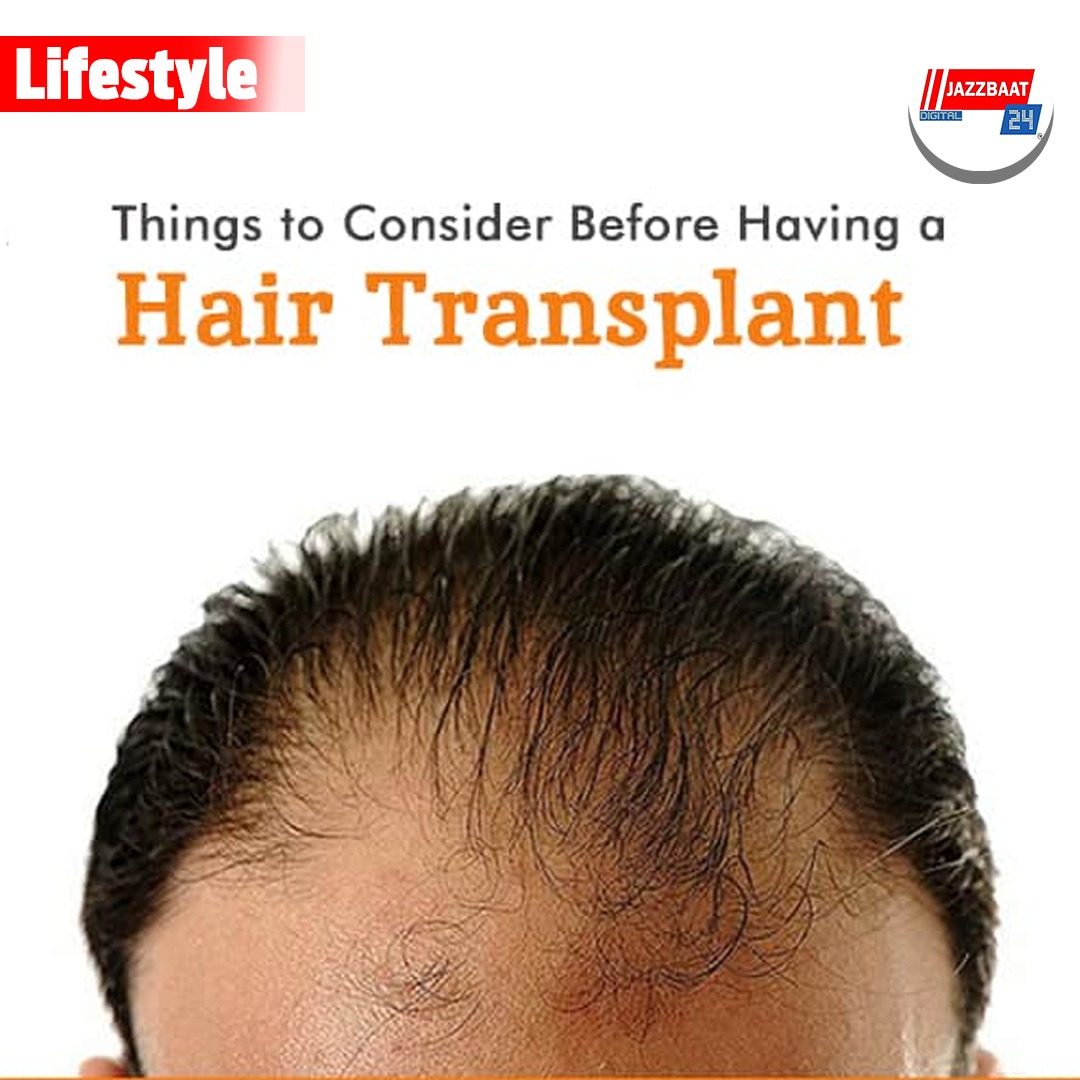
Premature hair loss has become a common problem these days. Whereas baldness used to start after the age of 40 or 50, now many people are losing their hair before they turn 25. Not only men, but women are also facing the problem of thinning hair. In this situation, many people look for various hair treatment methods. While many people resort to hair oils, masks, and natural methods, there is a group of people who think of hair transplant as a permanent solution.
Hair transplant is a type of treatment method where hair follicles are collected from another part of the body (usually from the back of the head) and placed in the part where the hair has fallen or thinned. In this method, new hair grows and it is quite permanent. But as popular as this treatment method is, there are also some misconceptions about it. In addition, many people face harm due to ignorance. So in this article, we will discuss some things that are important to know before hair transplant.
The first thing to understand is that not everyone can undergo a hair transplant. It is a very delicate and professional treatment, and the patient's body and head structure must be suitable for it. If someone does not have enough hair at the back of the head, from which follicles can be transplanted, then a hair transplant is not possible. Again, if there are hormonal problems, diseases such as thyroid, seborrheic dermatitis, autoimmune disorders, then these problems must be treated first. Because in these cases, the tendency to fall out will remain and even after the transplant, the hair may fall out again.
Many people think that just by getting a hair transplant, a head full of hair will be filled with hair overnight. The reality is not like that at all. Hair takes time to grow. It usually takes 6 to 12 months for the results to be seen after the transplant. It may also happen that a few days after the transplant, hair starts falling out from that area, which is a very normal process. This is called the 'shedding phase' and then new hair starts growing again. At this time, the patient has to be patient and take proper care.
Another important thing is that hair transplantation is not magic, it is a medical procedure. Therefore, it also costs a lot. Some people get treated in cheap clinics in the hope of getting results in a short time at a low cost, which can have very terrible results. Many such cases have come to light where the patient got infected, pus accumulated on the head and even died after undergoing hair transplantation unplanned and by an inexperienced surgeon. So never select a clinic just by looking at advertisements or low cost. Always seek the advice of an experienced, qualified and licensed surgeon and make a decision after looking at the proven reviews of their clinic.
But care is needed even after hair transplantation. It is not enough to just get the treatment done. You have to follow some rules so that the newly transplanted hair grows properly and does not fall out. First of all, for a few weeks after the treatment, you should refrain from going out in the sun, going to dusty and dirty places, sweating or doing anything that puts pressure on the head. To keep your head clean, you should use a special shampoo prescribed by your doctor and take medication as directed. In many cases, pain, itching, or mild infection may occur, in which case you should consult your doctor.
Some side effects may occur after hair transplantation, such as swelling, redness, mild pain, or a feeling of heaviness in the head. However, all of these usually resolve within a few days if proper treatment is taken and advice is followed. However, if there is an additional infection or infection on the scalp, you should contact your doctor immediately.
There are also some special categories of people for whom it is better not to undergo hair transplantation at all. For example, this treatment may be ineffective for those who have lost their hair as a result of cancer treatment or are undergoing chemotherapy. Again, if there are surgical wounds or burn marks on the head, it is difficult for hair to grow in that area. In addition, for those who have lost hair from the entire head at once or are bald due to genetic reasons, it is necessary to first diagnose the cause of the disease and get treatment.
Finally, hair transplant is a very advanced and effective procedure, but it is important to have complete knowledge before getting it done. It is necessary to consider not only the beauty aspect, but also the health aspect equally. Therefore, if you are thinking of getting a hair transplant, then do your research thoroughly, seek the advice of an experienced surgeon and pay attention to the aftercare. Only then will you get the desired results and a new confidence.
While hair transplant can be the beginning of a new life for many, it can also be a cause of terrible danger if made wrongly. Therefore, let your decision be based on information, not emotion. No matter how advanced the treatment method is, it will not give the right result without the right knowledge and awareness—this fact should not be forgotten.